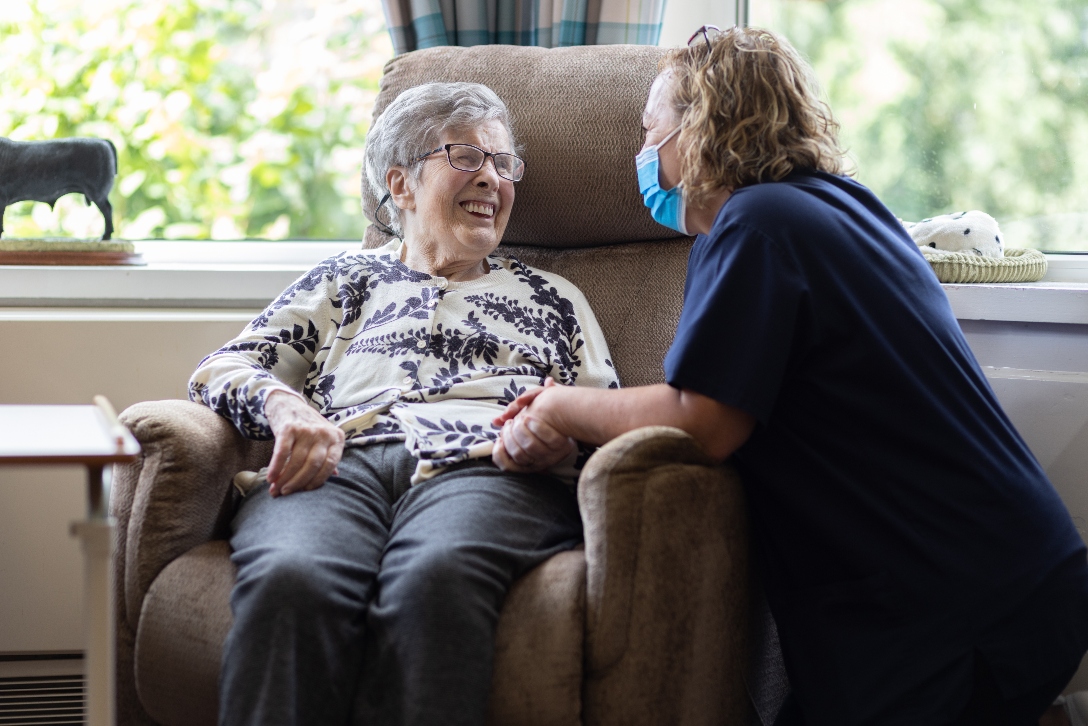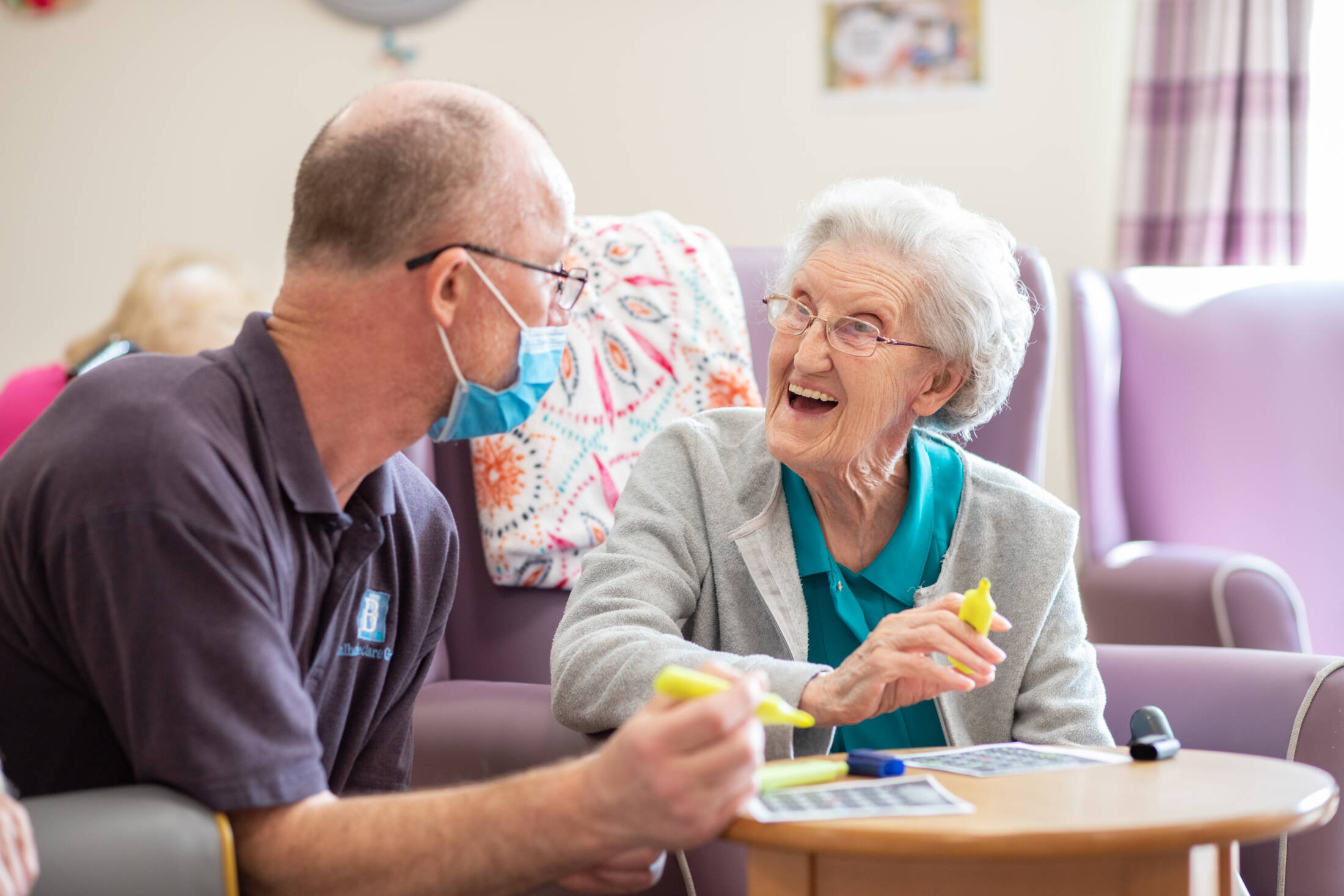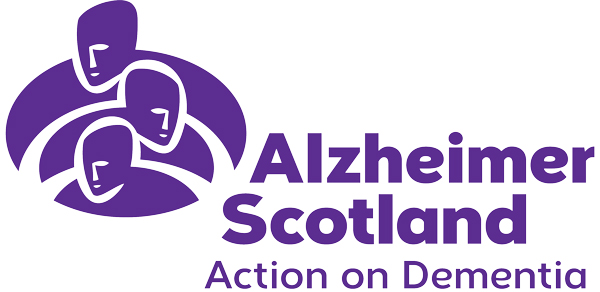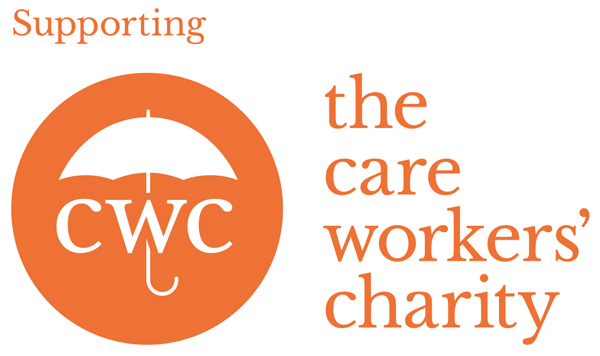
This Dementia Awareness Week, Balhousie Care Group is highlighting the measures we have in place to help our residents living with the condition enjoy the best quality of life and person-centred care.
Around one in 14 people over the age of 65 live with dementia. In over-80s, that rises to one in six.
That’s why it’s so important to ensure those in our care who live with the condition have the best care possible.
Keep reading to find out how Balhousie Care Group provides person-centred care to our residents living with dementia.
Getting to know you
At Balhousie Care Group, we know how important it is to know what matters to our residents. That’s why we’ve developed our Getting to Know You booklet, where residents and their families can fill in the most valuable information. It contains everything from hobbies and favourite food to routines and ways we can promote their independence. Although it’s for all residents, not just those living with dementia, it helps the team know what’s important to those they are caring for.
As part of this approach, a visual poster has also been developed which allows staff to build a meaningful relationship with residents from the second they walk through the door. It’s been shown to reduce stress and distress, as well as helping residents feel like they are included, valued and have purpose.

Dementia strategy
We’re currently waiting for Scotland’s next dementia strategy, and once that’s been published, we want to develop one of our own. In March, the Scottish Government published “A National Conversation to Inform a New Dementia Strategy for Scotland – What People Told Us”. It focused on areas such as changing how we talk about dementia, how it impacts communities, post-diagnostic support and workforce issues, as well as education and training. In our own strategy, we will have our own priorities, making sure our residents’ and relatives’ voices are heard.

Stress and distress care pathway
Last month, we created a new pathway for residents living with dementia who experience stress and distress. It means staff can immediately refer them to our Specialist Dementia Lead, and means they get personalised care at the earliest possible stage. The pathway helps us give our residents all the physical and psychological support they need and supports the team to provide it, helping to improve the resident’s quality of life.

Diagnosis rates
Over the next few decades, the rate of people being diagnosed with dementia is expected to double. Although it’s important that people are diagnosed, we also need to understand the barriers they face. As part of Dementia Awareness Week, Alzheimer’s Society are running a series to help the public understand what dementia is, know the symptoms and reduce the stigma, including the assumption it’s just an inevitable part of getting old. We’ll give residents the power to take control of their lives, make their own choices and live with the support of our trained workforce, putting their needs at the heart of everything we do.










